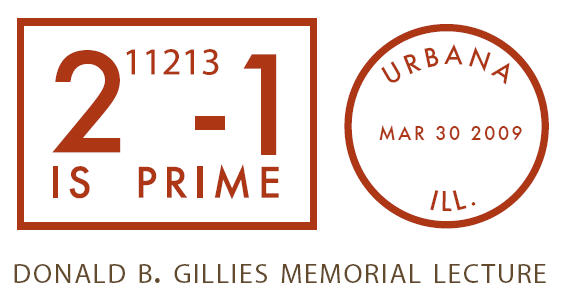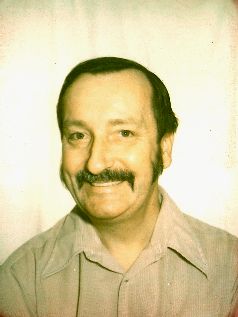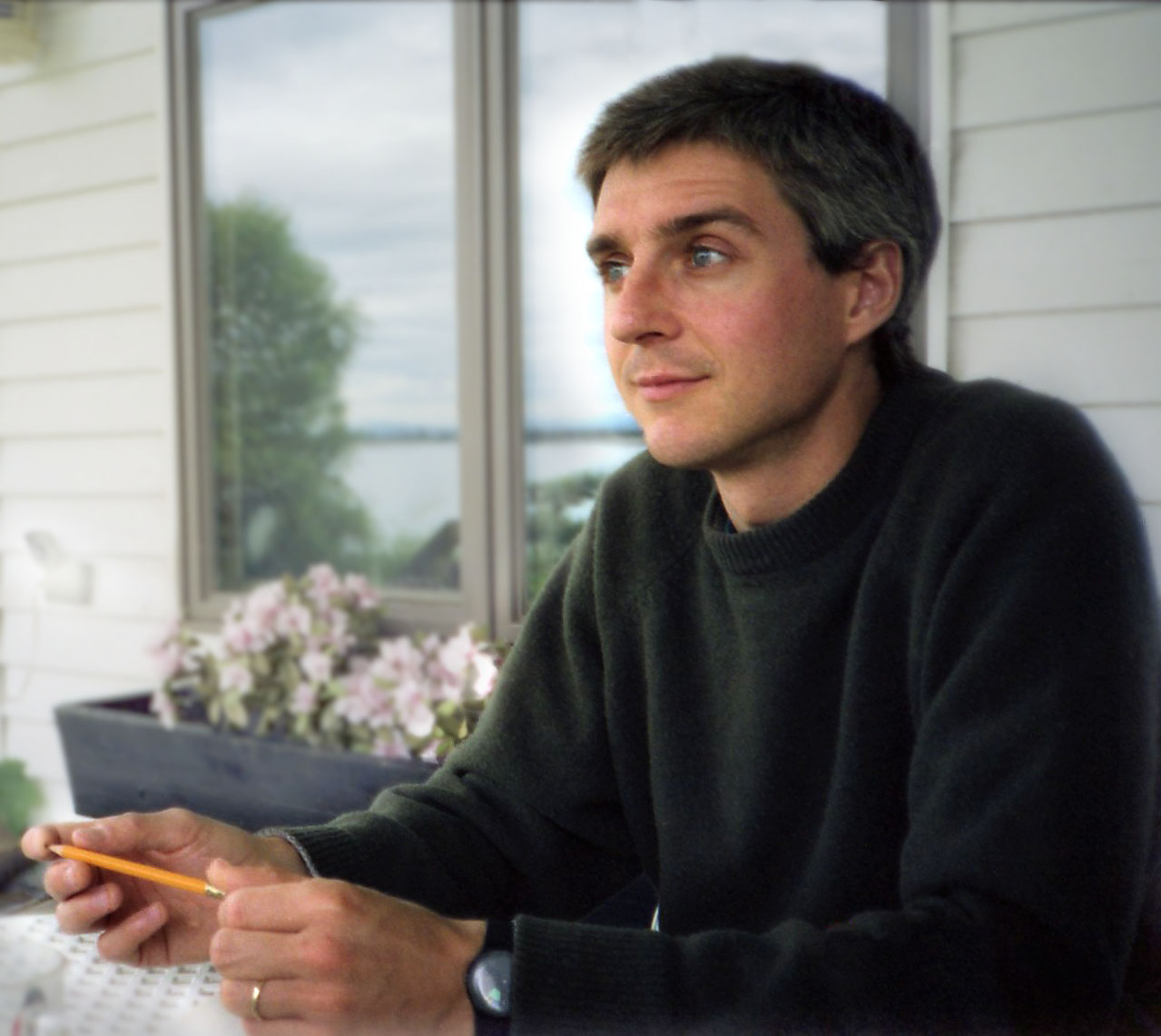Lectures & Videos
Donald B. Gillies Memorial Lecture
 The Donald B. Gillies Lectureship in Computer
Science was established at the University of Illinois through memorial
gifts by family and friends, with a major contribution by the Digital Equipment
Corporation.
The Donald B. Gillies Lectureship in Computer
Science was established at the University of Illinois through memorial
gifts by family and friends, with a major contribution by the Digital Equipment
Corporation.
Professor Gillies, a native of Canada, did his undergraduate work at the University of Toronto, and received his Ph.D. in mathematics from Princeton University in 1953. While in graduate school he worked as a graduate assistant at the Institute for Advanced Study with John von Neumann in the fields of game theory and computer science. Before coming to the University of Illinois in 1956, he spent two years with the National Research Development Corporation at Cambridge University and London, England. He was among the first mathematicians to become involved in the computer field, helping to program the first Sputnik orbit and later discovering three new prime numbers in the course of checking out Illiac II. Before his death in 1975, he was experimenting with educational uses and networking possibilities of minicomputers.

Professor Gillies was an inspiration to his students, taking an interest in both their professional and personal lives. Long before timesharing terminals, minicomputers and microprocessors made “hands on” computer experience commonplace, he recognized the need for students to have this opportunity and implemented a system to provide it. Throughout his work and teaching he stressed the importance of the ethical use of computing machines in contemporary science. Dedicated to the honest uses of technology, environmentally concerned, a man of wit, vigor and understanding, he challenged and stimulated all who knew him.
It is hoped that the Donald B. Gillies Lectureship in Computer Science will continue to enrich the lives of students and colleagues as an appropriate memorial to a man whose intellectual excellence and moral purpose made him a distinguished teacher and scientist.
Video Archives
| Title | Date | Speaker |
| Mesos: A Platform for Fine-Grained Resource Sharing in the Data Center | Apr. 30, 2012 | Randy Katz |
| Open Government: Innovation at the Department of Veterans | Feb 28, 2011 | Peter L. Levin |
| Reconstructing the World from Photos on the Internet | Apr. 26, 2010 | Steven Seitz |
| Exploring New Graphics Data Structures Designed for GPU Parallelism | Mar 30, 2009 | Hugues Hoppe |
| Research at Pixar Animation Studios | Feb 25, 2008 | Tony DeRose |
| Unleashing the Computer's Potential for Communication | Apr 16, 2007 | David Salesin |
| Looking for Bugs in All the RIGHT Places | May 2, 2005 | Elaine Weyuker |
| Taming the Infinite: Verification of Infinite-State Systems | Nov 17, 2003 | Amir Pnueli |
| Converting Cycles into RASS (Reliability, Availability, Serviceability, Security) | Dec 2, 2002 | Monica S. Lam |
| Kinetic Data Structures | Mar 25, 2002 | Leonidas Guibas |
| Processing Petabytes: Turning Trees info Forests | Apr 23, 2001 | Jim Gray |
Mueller-Thuns Lecture Series
Think More. Learn More. Do More.
 The Robert
Mueller-Thuns Lectureship in Computer Science was established at the University
of Illinois through memorial gifts by his wife, Nikki Mueller-Thuns Mirghafori
(BS '91), family, friends, and colleagues.
The Robert
Mueller-Thuns Lectureship in Computer Science was established at the University
of Illinois through memorial gifts by his wife, Nikki Mueller-Thuns Mirghafori
(BS '91), family, friends, and colleagues.

Robert was born in Bonn, Germany and did his undergraduate work at the Technical University of Aachen, Germany. He attended University of Illinois at Urbana-Champaign from 1986 to 1990, where he received both his M.S. and Ph.D. degrees in Computer Science. While in graduate school, he held internships at IBM T.J. Watson Research Center in Yorktown Heights, followed by positions at Cadence Design Systems and TCSI Corporation post-graduation. At the time of his untimely death at the age of 37, he was a Software Architect at Evolve Corporation, a start-up in San Francisco, CA. His areas of expertise were computer-aided design for VLSI, simulation, testing, parallel processing, formal design verification, as well as object oriented analysis and design, and pattern languages.
Robert was a remarkable human being: a gentle spirit with an insatiable intellectual curiosity and zest for life. Aside from being a researcher and computer scientist, he was a musician, an athlete, and a writer. He had a passion for thinking, ideas, and learning, as well as for living life through friendship, music, food, and travel. Even as he battled cancer, he never lost his optimism, sense of humor, and vitality. In the words of Paul Chen (PhD'93), a close friend: "Robert was known by his Illini friends as The Uberman, partly because of his German ethnicity, and partly because he was an amazing individual—someone whom we respected and admired for his ability to achieve excellence in all that he did. He had a passion for living. And he excelled in life: the Uberman could out-almost-anything us, all the while smiling effortlessly and encouragingly at us lesser mortals."
Robert thrived and made life-long friends at Illinois and it is hoped that the Mueller-Thuns Lectureship in Computer Science will give the chance to others at Illinois to think more, learn more, and do more as an appropriate memorial to a man whose intellectual intensity, integrity, and vibrancy made him an inspiration to all who knew him.
Mueller-Thuns Lecture Video Archives
| Title | Date | Speaker |
| Near-Optimal Greedy Mechanisms | April 9, 2012 | Eva Tardos |
| Robotics<-->Graphics | March 14, 2011 | Jessica Hodgins |
| Technology for Developing Regions | May 3, 2010 | Eric Brewer |
| Resilient And Equilibrium-Less Mechanism Design | Mar 9, 2009 | Silivio Micali |
| New Sciences for a New Web | Mar 31, 2008 | Prabhakar Raghavan |
| Life-Sized Learning | Feb 28, 2005 | Leslie Kaelbling |
| Recovery Oriented Computing | Oct 30, 2002 | David A. Patterson |
| Algorithmic Challenges in Structural Molecular Biology | Mar 11, 2002 | Bruce Donald |
| Smart Memories: Creating a more universal computing device | Feb 19, 2001 | Mark Horowitz |
| The Art of Wearable Computers | Jan 24, 2000 | Vaughan Pratt |
